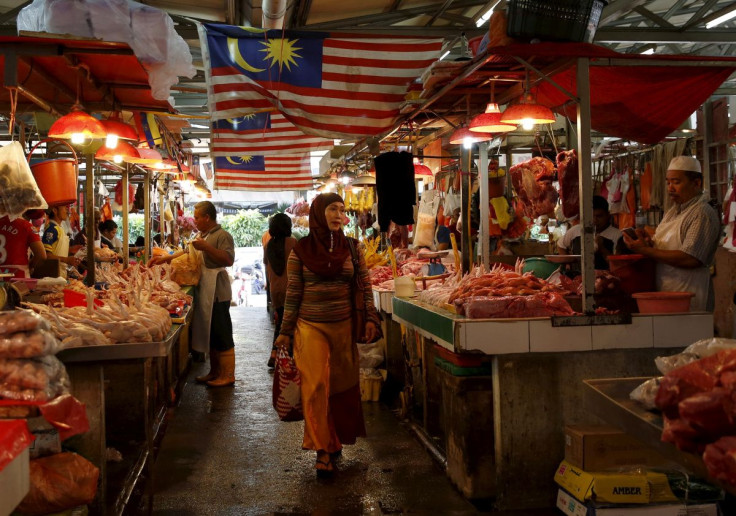Malaysia's Q1 GDP Grows Faster Than Expected On Recovering Demand

Malaysia's economic growth picked up pace in the first quarter on recovering demand and a stronger labour market as the global economy rebounds from the coronavirus pandemic, the central bank said on Friday.
Gross domestic product rose 5% in the January-March period, faster than the 4% expansion forecast by a Reuters poll and up from 3.6% growth in the previous quarter.
Bank Negara Malaysia Governor Nor Shamsiah Mohd Yunus said the central bank has factored in the Russia-Ukraine war in its projections, and growth in 2022 would be supported by continued expansion in domestic and external demand.
Downside risks include Russia's invasion of Ukraine and a strict lockdown in China to stem the COVID-19 outbreak, as well as prolonged supply chain disruptions, Nor Shamsiah said.
"Although the downside risks have risen on the global front, we are confident of our growth trajectory and we do not see a risk of any recession in Malaysia," she told a news conference.
BNM kept its 2022 economic growth forecast at between 5.3%-6.3%, which it had downgraded in March.
Malaysia - which has seen some of the worst COVID-19 outbreaks in the region - lifted most of its coronavirus measures this month, as infection rates slowed amid a ramped up vaccination programme.
On Wednesday, the central bank unexpectedly raised its benchmark interest rate to 2.00% from a historical low of 1.75%, citing a firmer domestic growth path as well as inflationary pressures stemming from the Ukraine conflict and global supply chain disruptions.
"If positive growth trajectory continues and barring any unexpected shocks, it would be appropriate for the MPC (Monetary Policy Committee) to further reduce the degree of monetary accommodation," she said.
Headline inflation was projected to average between 2.2% - 3.2% this year, unchanged from BNM's earlier estimate.
Deputy Governor Marzunisham Omar said that while there are price pressures especially on food, inflation in Malaysia remains moderate compared to other countries.
"There is still some slack in the economy. We have price controls on fuels and other food items helping to moderate price pressures," Marzunisham said, adding that more long-term solutions are needed to rein in inflation.
(Editing by Jacqueline Wong)
© Copyright Thomson Reuters 2024. All rights reserved.



















